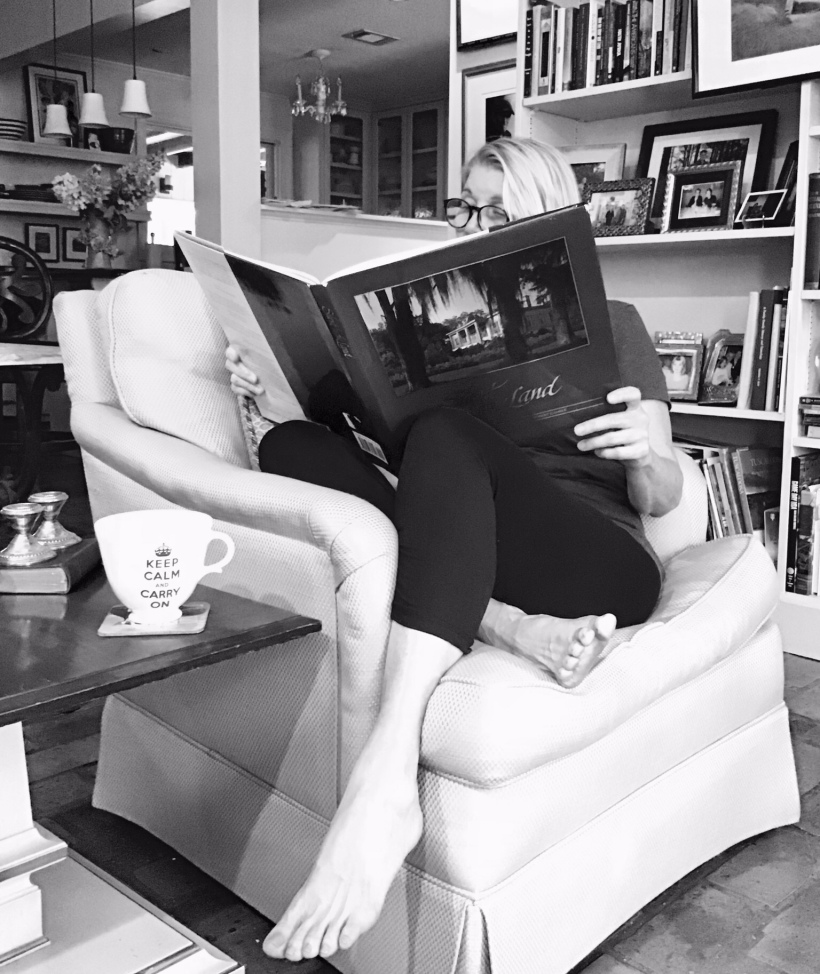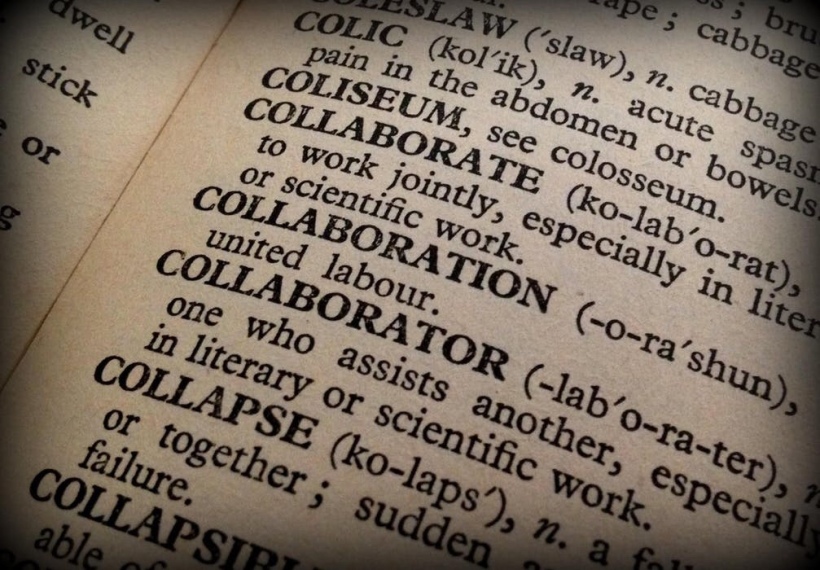 The other day, my friend Debra and I were riding the backroads of Clarke, Monroe and Baldwin counties. If there is anything we love it’s some backroads and a general idea. Thanks to Debra on this particular day we hit an historical jackpot. The sister of the Union General George B. McClellan is buried in the middle of nowhere Alabama. And how, pray tell, did this anomaly come to be?
The other day, my friend Debra and I were riding the backroads of Clarke, Monroe and Baldwin counties. If there is anything we love it’s some backroads and a general idea. Thanks to Debra on this particular day we hit an historical jackpot. The sister of the Union General George B. McClellan is buried in the middle of nowhere Alabama. And how, pray tell, did this anomaly come to be?
It started with the love affair and subsequent marriage in 1840 of Alabama- born Thomas Cassander English and Philadelphia socialite Frederica Sarah McClellan. The lovebirds met at dinner at her parents’ home while Tom was attending medical school in Philadelphia. They married before Tom finished his studies and moved to Cedar Hills Plantation in Eliska, Alabama. City girl was now isolated in the middle of nowhere as the wife of of a slave-owning plantation owner. Frederica had a difficult time adjusting to the isolation, the foreignness of slavery, different social customs, and all the while missing her family and friends in Philly. Frederica would sob her heart out under the cedar trees. Tom was sympathetic to his wife and would send her back to Philadelphia for extended stays, in fact a three year old daughter died there during one of these visits. She eventually adjusted and became active in the community while overseeing the welfare of both the white and black folks on the plantation.
When the Civil War broke out, Frederica and children were visiting Philadelphia. Her younger brother General George B. McClellan arranged for them to safely enter what was now the Confederacy. Husband Tom English served in the English Independent Calvary and Watts Rangers as well as supplied material to the Confederacy. Their son, George McClellan English served as 2nd Lieutenant on Company 1of the 31st Alabama Infantry. Son George was captured in the Battle of Big Shanty in Georgia and was sent to the Union POW prison called Rock Island Prison. Story has it that his Aunt Mary Ellen, wife of his uncle General McClellan got word of his capture and sent him a care package though I can’t confirm this. Son George returned home in poor health following the war and died in 1866. My heart hurts for Frederica whose loved ones were so divided and literally fought for two different causes. The McClellan-English families were one of many caught in this dilemma.
In one of the last battles of the war, the Battle of Eliska on April 12, 1865, Union soldiers rode up to Cedar Hills Plantation with orders to burn the house. A slave woman and one of Frederica’s young daughters were on the front porch. The woman told the soldiers that the child was General McClellan’s niece. The soldiers posted a guard on the property to insure the safety of the family and the house. One of the ironies of this story is that General McClellan’s personal property would later be sent to Cedar Hills Plantation. His saddle, uniforms, silverware, books and guns were divided among Frederica’s descendants. The reason- both of the General’s children died childless so he had no direct heirs.
Frederica and her family are buried at Cedar Hills Plantation. The Plantation house burned in the 1870’s, but family still lives on the property. The story is on quiet nights you can still hear Frederica sobbing under the cedar trees. I’ll take Kathryn Tucker Windam’s word for this because I’m not about to try and confirm it!

PONDERINGS: I would love to see a photograph of Frederica’s house. Photography was in its infancy during the 1870’s so there may not be a picture. For those who love old Southern houses, please see Silent in the Land by Chip Cooper, Harry Knopke and Robert Gamble. A beautiful description of this book: “Eloquent in their silence, these houses stand as sentinels over landscapes of memories…Whether abandoned, declining or maintained through generations of living, they all speak volumes about history of the southern countryside, even though these muted structures are silent in the land.” The book is published by CKM Press in Tuscaloosa, AL, and proceeds benefit The University of Alabama Division of Student Affairs.

CREDITS: Thank you to Debra Blackburn for graciously sharing her research on Frederica and to the unidentified descendant of Tom English for sharing his photos and knowledge on civilwartalk.com site.
#alabamahistory #civilwarhistory #southernhistory
#universityofalabama #kathryntuckerwindam
#CKMPressw
What a cool story.
LikeLiked by 1 person
Enjoyed this greatly!
LikeLiked by 1 person
Fredricka is my relative and I have been to tje house and my family is also buried at Cedar Hill. I last visited 3 yeses ago with my great aunt Rachel English and mother Helen English . The owner did talk about how she is still there walking at night and moves things in the home. It is an amazing property, rich with history!
LikeLiked by 1 person
Rachel, thank you for writing me! Fredricka is a fascinating woman! This is one of my favorite blog posts.
LikeLike
I am soooo enjoying your blogs. 👋🏻👋🏻👋🏻
LikeLiked by 1 person
This is a beautifully rendered story, Ceil. I was in Philadelphia’s historical district just this week and can imagine Frederica there, and her husband at the Medical college. This story makes me want to know more about her and others in similar dilemma. Thanks for writing it for us.
LikeLike
Thank you Meg!!
LikeLike
Thanks for the history lesson, Ceil😉
LikeLiked by 1 person
Love this article and that you are doing a blog so much!! I’ll be following! 🙂
LikeLiked by 1 person
Love this!! It reminded me how much I’m intrigued by southern history.
LikeLiked by 1 person
Great story!
LikeLiked by 1 person
Loved reading this Ceil. Made me think of all those “divided” families back then . Not to dissimilar to our current country, huh? Just not such clear geographic lines.
LikeLike
I thought the same thing Ruth- so much division and disagreement.
LikeLike
That was great, Ceil. I’m glad I found this; I could hear your voice while I was reading!
LikeLiked by 1 person
That is Sophia. Sarah was her sister the Birthdate and spelling order in her name offer a clue. Frederica Sophia McClellan English, her sister was Sarah Frederica McClellan. A woman in your comments mentions my Aunt Helen English, she passed away,.. about Three months after being recognized for our Creek Heritage. Our Grandfather David Taitt? He Surveyed Alabama. His Son? Is William Weatherfords older brother. Fort Mimms? Both sides,…. our blood cut each other to pieces. The Boyne, Culloden, Hastings, the Somme,…… Same. The way things look today? Identity Politics is a weapon.
Trust me. Or don’t.
I do have a copy of a letter from George to our Grandfather Thomas, and one from Frederica to her mother from a “Rebel” or something to that effect. Be happy to forward if you happen to respond to the comment.
Out of Curiosity, did that book specify Sarah? Not the only confusion out there published about relations we have in the South. We have Bibles with names and Birth records though so been pretty confident with what I learned through Family. And military records. Also the Story about the English independent Calvary? Heard it a little different.
Samuel McClellan Married Eunice Eldridge. That tied together a line from William Brewster and William Bradford of Plymouth. Grandfather’s. First Harvest party, yup Grandaddy knew Massasoit Sachem of the Wampanoag.
LikeLiked by 1 person
Wow, now that is a family history! R Rabbit, you and Rachel Adams need to connect if you don’t already know each other! You both are related to Helen English.
Fort Mims is about an hour north of my house in Baldwin Cty, Alabama. So much rich history here. And yes, identity politics can be an awful weapon. I’m about to blog on the Troubles of Northern Ireland. Same story with a lot of God thrown in.
Thanks for writing!
LikeLike
Frederica was my great-great grandmother. Her name was Frederica Sophia McClellan not Sarah Sophia. The plantation’s name was Cedar Hill not Cedar Hills. The little girl on the gallery of Cedar Hill at the time the Union forces came through Mount Pleasant (now called Eliska) was my great-grandmother Agnes McClellan English. The building compound at Cedar Hill Plantation consisted of the main house, the kitchen house, the chapel (St. Paul’s Episcopal Mission) and the schoolhouse. The main house burned in 1918. At that time Cedar Hill belonged to my great-grandmother’s elder sister Mary McClellan English (Mrs. Robert Gormain Scott).
LikeLiked by 1 person
Thanks Charles for your comments! I’ve heard from another one of Frederica’s relatives several months ago. You have a very interesting family!
LikeLike